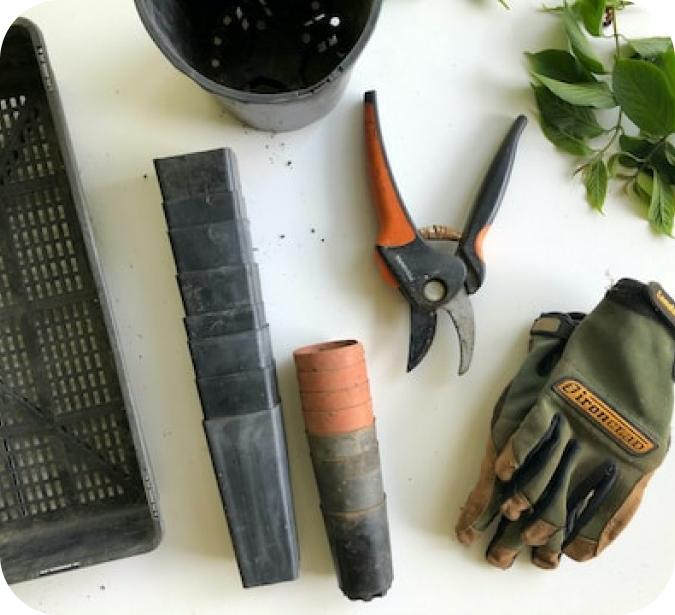Another essential element of your plan to quit drinking is to identify the barriers or obstacles that might make achieving your goals more difficult. Late symptoms begin between two and four days after the last drink, and they usually include changes in heart rate, breathing and blood pressure. Serious symptoms caused by delirium tremens include hallucination and seizure. If you’re used to drinking less than 20 beers per day, HAMS recommends reducing your alcohol consumption by two beers per day until you achieve sobriety.
Do a sobriety trial run, even if you’re in it for the long haul.
If you answer “yes” to two to three questions, your symptoms align with mild AUD. If you answer “yes” to four to five questions, your symptoms align with moderate AUD. If you answer “yes” to six or more questions, your symptoms align with severe AUD. Consult with a licensed mental health professional to further explore AUD.
How to Stop Drinking Alcohol – Know What To Do When Triggers and Cravings Occur
They may be worried or afraid for your health and safety, or they may fear your drinking puts their safety at risk. As a specific example, an analysis of the electronic medical records of over 73 million people—including 1.26 million people with alcohol use disorder (AUD)—was published in Nature (1). Once you’ve cut back on your drinking (so you’re at or below the recommended guidelines), examine your drinking habits regularly to see if you’re maintaining this level of drinking. Some people attain their goal only to find that old habits crop up again later. But to quit in the safest way possible, you’ll want to consult a doctor first.
Caregiver Stress and Caregiver Burnout
- Finding a therapist can also be a great starting point if you’re uncomfortable opening up to your healthcare professional.
- Perhaps because of an alcohol-related medical condition like liver disease, or because they start taking medication that reacts badly with alcohol.
- Whatever your reason to quit drinking, know that you’re doing yourself a favor.
- Live an alcohol-free life and be on your guard not to fall back into the trap.
- If you’re looking at this page, then it means you’re interested in making a positive change in your life.
These are called “triggers” and they subconsciously encourage you to drink alcohol. If you have a more serious drinking problem, your doctor may recommend an initial spell of more intensive treatment, such as a stay at a residential facility. This could mean attending a support group specifically for people with alcohol issues like Alcoholics Anonymous (AA). But it could also be helpful to make new social contacts based around an interest such as a sport, the arts, or other activities you enjoy. If you spend an average of $100 a week on alcohol, you’ll save more than $5,000 a year when you give up drinking.
Consider professional support
The evaluation consists of 11 yes or no questions that are intended to be used as an informational tool to assess the severity and probability of an alcohol use disorder. The test is free, confidential, and no personal information is needed to receive the result. Boil water notices are given when “the water in the distribution system may be unsafe for consumption or may pose an acute health risk,” according to the Texas Commission on Environmental Quality. This applies to using water for washing your hands and face, brushing your teeth, cooking, or drinking, per the local newspaper The Baytown Sun. By the time you finish listening, you’ll have the latest research so that you make the most informed decisions about the role alcohol plays in your life.
- Severe withdrawal symptoms, called delirium tremens (DT) can be fatal.
- Establishing boundaries means a lot of things, such as refusing invites from well-meaning drinking buddies.
- Your GP may be able to arrange or signpost you to counselling and psychological support, and you could access local support groups to help you stay on track.
- According to the National Council on Alcoholism and Drug Dependence (NCADD), a professionally-led intervention brings successful results in 90 percent of all cases.
It’s often easier to turn down a drink when you don’t have to do it alone. It’s possible to develop a better relationship with alcohol and make more mindful, informed choices about drinking without total sobriety. But maybe you’re unsure about quitting completely and don’t want to hold yourself to that goal. Knowing why you drink is essential, says Cyndi Turner, LCSW, LSATP, MAC, a Virginia therapist specializing in addiction treatment and alcohol moderation. You’re likely to be in situations where you’ll be offered a drink. And practice what you might say as a follow-up explanation if someone ask.
If you’re addicted to alcohol, it’s unlikely that you’ll be able to recover without some form of addiction treatment. You may be able to detox at home and recover from alcoholism with the help of support groups such as Alcoholics Anonymous. However, medically supervised detox and professional rehab are more likely to help you maintain long-term sobriety. Some people avoid medically supervised rehab because they prefer natural remedies for alcohol withdrawal. Slowly tapering off alcohol is the safest way to naturally overcome alcohol withdrawal, and many at-home remedies can help you cope with mild withdrawal symptoms.
This time spent in a distraction- and temptation-free environment enables doctors, therapists, and the patients themselves to focus completely https://northiowatoday.com/2025/01/27/sober-house-rules-what-you-should-know-before-moving-in/ on rehabilitation and thus increase their chances of success. Only once the addiction context has been discussed in preparation for the intervention can one act to resolve it. One of the first steps is to ask all participants to write a personal letter. If you are concerned that you or someone you care about has a problem with alcohol there is a lot of help available.
Make a plan.
Avoid taking prescription drugs that your doctor hasn’t prescribed sober house to you. If withdrawal is so uncomfortable that you’re turning to drugs for comfort, you should contact your doctor or a rehab center to discuss medically supervised withdrawal. Expect to feel some discomfort, including anxiety, sweating or irritability. If you feel more severe symptoms, such as paranoia, increased pulse, or tremors sometimes called alcohol shakes, you should taper more slowly and consider seeking professional help.
Group therapy or a support group can help during rehab and help you stay on track as life gets back to normal. Others may want one-on-one therapy for a longer time to deal with issues like anxiety or depression. Alcohol use can have a big effect on the people close to you, so couples or family therapy can help, too. Alcohol causes changes in your brain that make it hard to quit. Trying to tough it out on your own can be like trying to cure appendicitis with cheerful thoughts.
Support can come from family members, friends, counselors, other recovering alcoholics, your healthcare providers, and people from your faith community. Whether you choose to tackle your alcohol addiction by going to rehab, getting therapy, or taking a self-directed treatment approach, support is essential. Recovering from alcohol addiction or abuse is much easier when you have people you can lean on for encouragement, comfort, and guidance. Distance yourself from people who don’t support your efforts to stop drinking or respect the limits you’ve set.
People who experience tremors, shakes or confusion when they quit drinking should consider medically supervised detox. You should talk to a doctor about the safest way to detox if you experience any withdrawal symptoms when you stop drinking. Whether you want to take a break from drinking or you’re quitting alcohol for keeps, bring in some pros to help. Make an appointment to ask for medical advice from any health care providers you’re in regular contact with, George Koob, PhD, director of the National Institute on Alcohol Abuse and Alcoholism (NIAAA), tells SELF. If you don’t have a regular doctor, see a primary care provider or visit a free health clinic near you.







